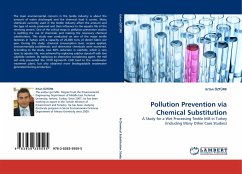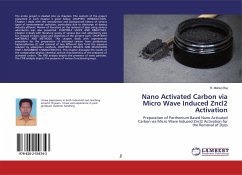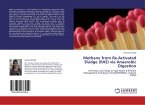The main environmental concern in the textile industry is about the amount of water discharged and the chemical load it carries. Many chemicals currently used in the textile industry affect the amount and the type of waste produced and their influence to the aquatic life of the receiving stream. One of the critical steps in pollution prevention studies is auditing the use of chemicals and making the necessary chemical substitutions. This study was conducted on one of the major textile factories in Turkey with a capacity of 20,000 tons of denim fabric per year. During this study, chemical consumption level, recipes applied, environmentally problematic and alternative chemicals were examined. According to the study, over 60% reduction in sulphide, which is very toxic to aquatic life, was achieved by replacing sulphur dyestuff with low sulphide content. By replacing an alternative complexing agent, the mill not only prevented the 3100 kg/month COD load to the wastewater treatment plant, but also obtained more biodegradable wastewater generated during production.
Bitte wählen Sie Ihr Anliegen aus.
Rechnungen
Retourenschein anfordern
Bestellstatus
Storno








